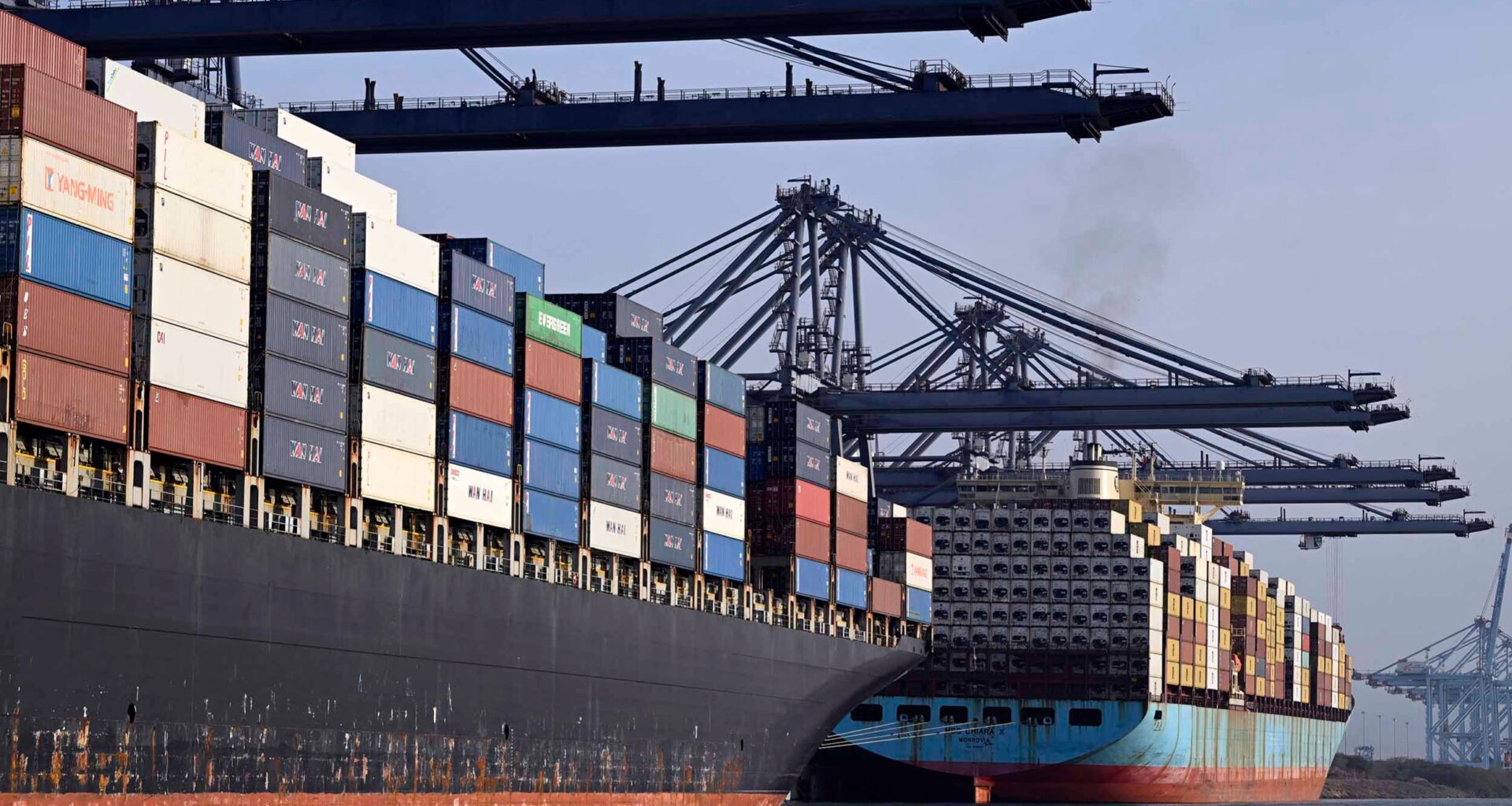Emma Fenton is senior director for climate diplomacy at Opportunity Green
Global shipping is a perfect example of how groundwork laid at this week’s International Conference on Financing for Development could change governance systems in a meaningful way
At a glance
Putting a price on shipping’s greenhouse gas emissions will generate around $10bn-$15bn in revenue annually until 2035
How this money is spent will define whether international shipping’s wealth is leveraged in the name of justice and equity, or used to reinforce existing structural inequities
If directed wisely, it can make a real difference to those who need it most, and set a precedent for other high-wealth, high-emitting sectors to take action that delivers climate justice
Leaders gather in Spain this week for the Fourth International Conference on Financing for Development charged with a challenging mandate: to rethink how the global financial system can deliver on equity and justice. As the climate crisis deepens, that responsibility is more urgent than ever.
A key aspect of global financial reform, highlighted in the FFD4 draft outcome document released earlier this month, is identifying and leveraging additional and innovative finance flows.
One such contender providing a groundbreaking opportunity to showcase transformative financial thinking is the International Maritime Organization’s upcoming greenhouse gas regulation for global shipping.
Known as the IMO Net Zero Framework, the measure includes a price on a portion of the shipping sector’s total GHG emissions and will generate around $10bn-$15bn in revenue annually until 2035.
Although this is significantly less money than many had hoped, how it is spent will define whether international shipping’s wealth is leveraged in the name of justice and equity, or used to reinforce existing structural inequities.
Different countries, different needs
At FFD4, we will launch research into the needs of Belize, Chile, Nigeria and Vietnam, detailing how each country could be supported in different ways by the new IMO net zero fund. Each country has highly distinct geographical and economic contexts, but all share a need for targeted, accessible finance for climate action and related activities.
It is clear that these countries — and those with similar geographic, social, economic or industrial profiles — would benefit from a predictable, steady and equity-focused disbursement regime under the IMO net zero fund. Not only that, but the fund could provide essential financing on terms that do not increase public debt, with a higher tolerance for risk than the private sector, and on highly concessional terms.
Revenue could be dedicated to a wide range of purposes depending on the preferences of each country, including port infrastructure investment, zero and near-zero fuel production, general infrastructure resilience, and food security and climate-resilient agriculture.
Recycling revenues from a climate measure back to those sitting on record profits is morally indefensible and counter to global promises around a just transition to a net zero future
However, there is a real risk that a very large portion of the small revenue pot is earmarked for the reward of “first movers” in the shipping industry. In other words, those that can already afford to invest in lower-emission fuels and energy sources. This would leave a negligible amount to support climate adaptation and resilience and mean that developing countries continue paying the price for a warming world they did not create.
This potential prioritisation of “in-sector” revenue recycling stands at odds with shipping’s mammoth wealth-to-tax gap. The world’s 10 largest shipping companies collectively earned more than $300bn in operating profits between 2019 and 2023, while paying an effective tax rate of just 9.7 per cent.
This windfall — concentrated among a handful of companies headquartered in Europe and Asia — demonstrates the stark imbalance between those who profit from global trade and those who bear its environmental and social harms.
Recycling revenues from a climate measure back to those sitting on record profits, while frontline countries struggle to finance basic adaptation and resilience needs, is morally indefensible and counter to global promises around a just transition to a net zero future.
A just and equitable transition
International shipping is the perfect example of how groundwork laid at FFD4 could be leveraged to change global governance systems in a meaningful way. FFD process outcomes have real-world impact. They feed into financial decision-making at every level, including within the UN multilateral system.
From October, IMO member states will begin to negotiate the implementation details of the IMO Net Zero Framework.
Under the IMO’s draft work plan, consideration of how the net zero fund will be governed and revenues disbursed may be delayed until various technical details are agreed. Such a timeline risks sidelining critical equity considerations, leaving discussions on who benefits from the revenue pot until late in the process.
Decisions taken at FFD4 must be viewed in light of the impacts they could have in these IMO negotiations. This includes how they might be used to support the allocation of adequate funds for purposes related to a just and equitable transition at the IMO, as well as prioritising discussions on fund governance and disbursement.
The IMO has already recognised that a just and equitable transition should be core to decarbonisation in its 2023 GHG strategy. But these values cannot remain rhetorical. They must be embedded in the design of the net zero fund and in the decisions about where and how revenues are spent. The FFD process could have an important role to play in that.
The $10bn-$15bn raised through the IMO measures may be significantly less than we hoped, but it is far from meaningless. If directed wisely, it can make a real difference to those who need it most, and set a precedent for other high-wealth, high-emitting sectors to take action that delivers climate justice.
